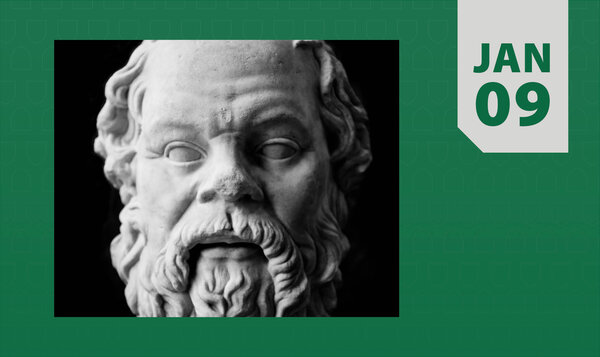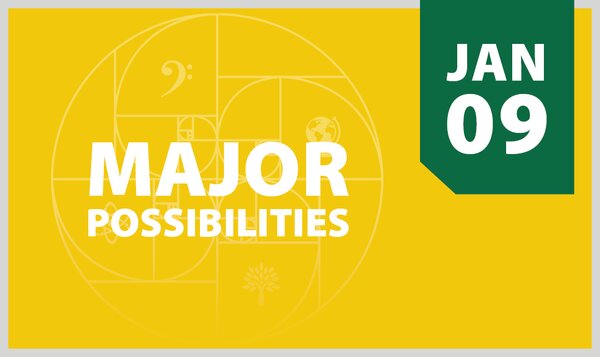
Reasoning like good lawyers or bad philosophers? Why people fall for fake news
Part of the Department of Psychology’s colloquium series
A talk by Dr. Gordon Pennycook (PhD), University of Regina, in the Department of Psychology’s colloquium series
Thursday, March 28
3–4 pm
Room 153 Arts Building
Free and open to the public
Info: peter.grant@usask.ca
Abstract
The alarming spread of entirely fabricated news stories—“fake news”—during the 2016 U.S. presidential election is a salient example of how human reasoning often fails. How do we explain such errors? I will outline two broad perspectives on this question; one argues that humans reason like good lawyers, while the other argues that humans reason like bad philosophers. According to the good lawyer perspective, reasoning is often employed to justify our beliefs and behaviours so that we might convince other people we are correct. According to the bad philosophers perspective, in contrast, human reasoning facilitates accurate belief formation but sometimes fails or is insufficiently engaged. These accounts produce very different explanations for why people fall for fake news and suggest different types of interventions against political disinformation. In this talk, I will describe my research agenda adjudicating between these two perspectives across a variety of domains, and describe in detail my work on the recent phenomenon of fake news as a particularly interesting test case.


